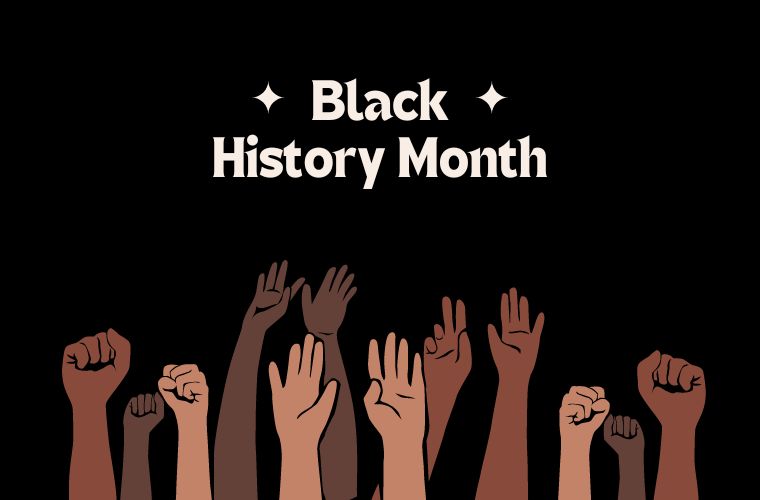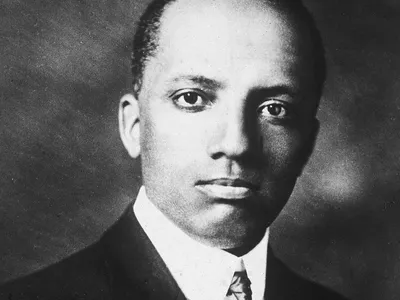Black History Month is celebrated in February primarily due to the efforts of Dr. Carter G. Woodson, known as the “Father of Black History.” The choice of February holds historical significance and was intentional in recognizing key events and individuals in African American history.
- Abraham Lincoln’s Birthday: February 12 marks the birthday of President Abraham Lincoln, who issued the Emancipation Proclamation in 1863, a pivotal step toward ending slavery in the United States. This proclamation was a significant moment in the struggle for African American freedom.
- Frederick Douglass’s Birthday: February 14 is the birthday of renowned abolitionist Frederick Douglass. Douglass was a prominent leader in the abolitionist movement and a fierce advocate for civil rights and equality.
These two dates, falling within the same week in February, provided a focal point for Dr. Woodson when he established “Negro History Week” in 1926, which later evolved into Black History Month.
Dr. Carter G. Woodson, a historian and the founder of the Association for the Study of African American Life and History (ASALH), aimed to bring attention to the contributions and history of African Americans that were often overlooked or omitted from mainstream historical narratives. He saw the week as an opportunity to highlight the achievements and struggles of African Americans while emphasizing their importance in shaping American history and society.
The significance of these dates allowed for a concentrated period to celebrate and educate the public about the historical milestones, achievements, and contributions of African Americans. Over time, this week-long observance expanded into a month-long celebration, officially recognized as Black History Month.
While February was initially chosen due to these specific historical birthdays, Black History Month has evolved into a broader commemoration that encompasses the full spectrum of African American history, achievements, and cultural contributions throughout the year. The month continues to serve as a platform for education, reflection, and celebration of the rich and diverse heritage of African Americans in the United States and around the world.





